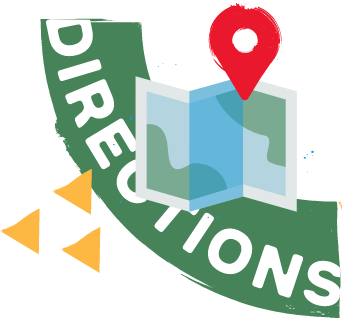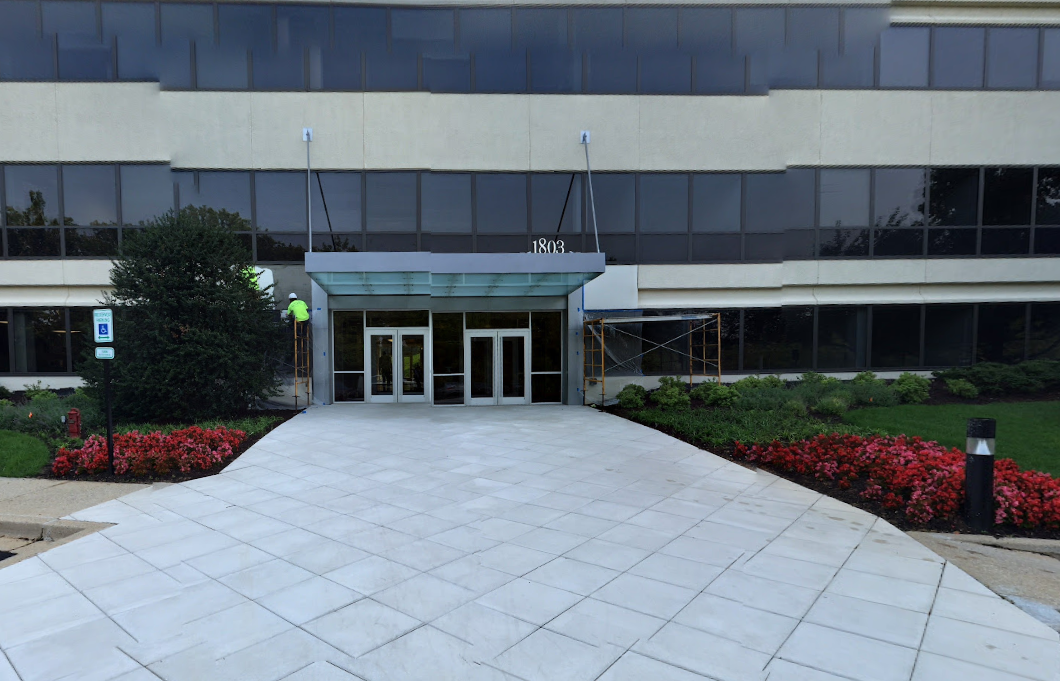Payment Policy
RIVA understands that schedules may cause changes to your course registration dates.
Policy for changes made 23 days or more prior to start of course date:
- Should you need to transfer to another class date 23 days or more before the start of your current class, there is a $175 transfer fee.
- Should you need to cancel your registration 23 days or more before the start of your class, there is a $500 non-refundable fee. This fee will be deducted from your refund.
**Any monies returned to a credit card will incur a 4% cancellation fee.
Policy for changes made 22 days or less prior to start of course date:
- If circumstances cause you to cancel or transfer out of a course 22 days or less before the start of class, all monies paid are forfeited unless you have an eligible replacement from your network to attend the date for which you are registered.
Requesting Student Records from RIVA Training Institute
If you are a RIVA Training Institute graduate and would like to request a copy of your student records, you can contact RIVA one three ways:
• The contact form on our Home Page
• Email us: training@RIVAinc.com
• Call us at 301-770-6456
When you make your request, please provide your full name at the time you took a RIVA Training course, the company name you were with when you took the course, approximate date of when you took the RIVA course, the course information you require, and an email address where the records can be sent.
If you are an employer looking for records on an employee, you must ask that employee to submit a formal written request to release the information to you.
Anti-discrimination Policy
It is the policy of VISAR Corporation and RIVA Training Institute to ensure an equal learning opportunity to all students without discrimination or harassment on the basis of race, color, religion, sex, sexual orientation, gender identity or express, age, disability, marital status, citizenship, national origin, genetic information, or any other characteristics. All individuals involved in continuing education/training will not be subject to discrimination by any staff members or trainers of RIVA Training Institute.


















